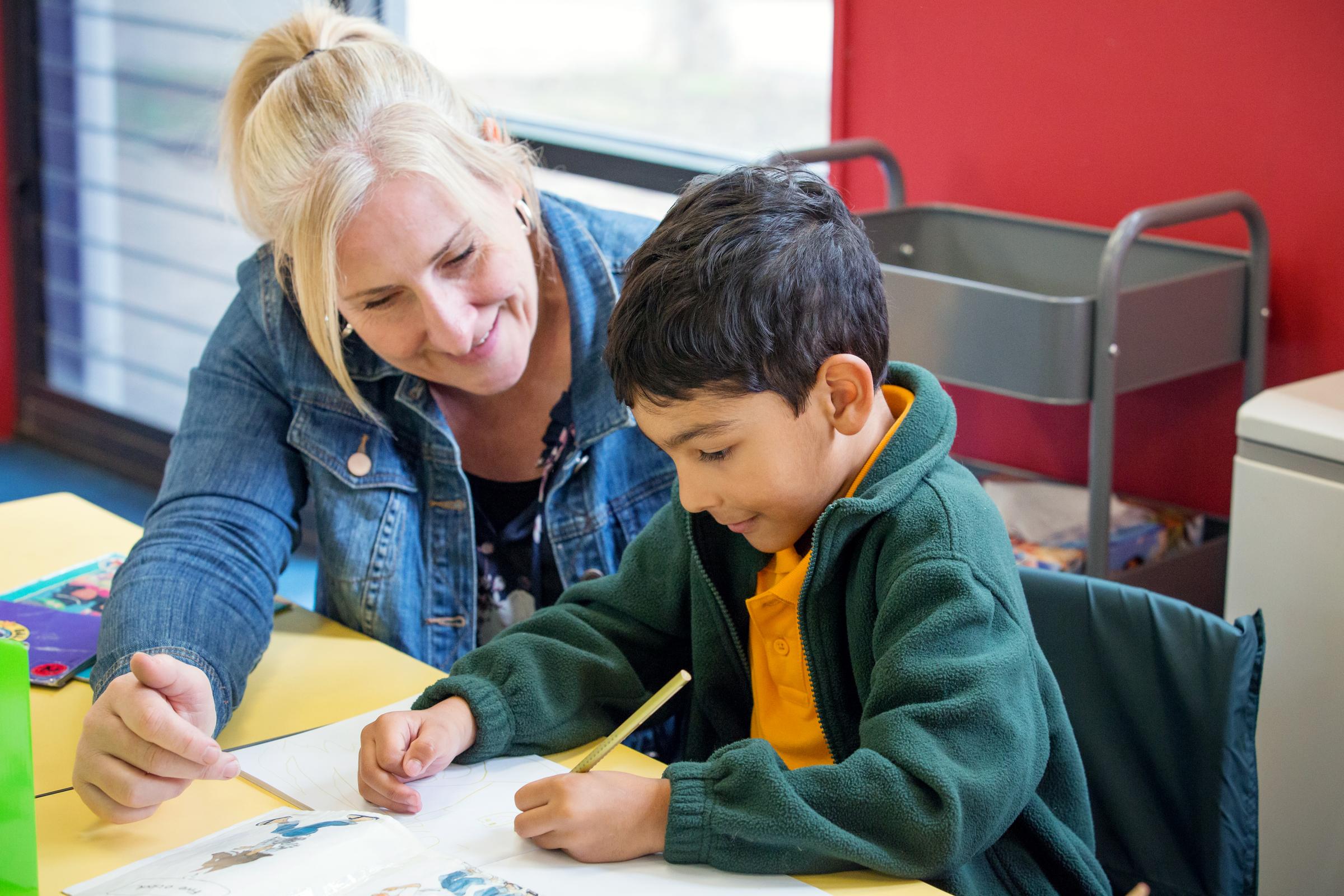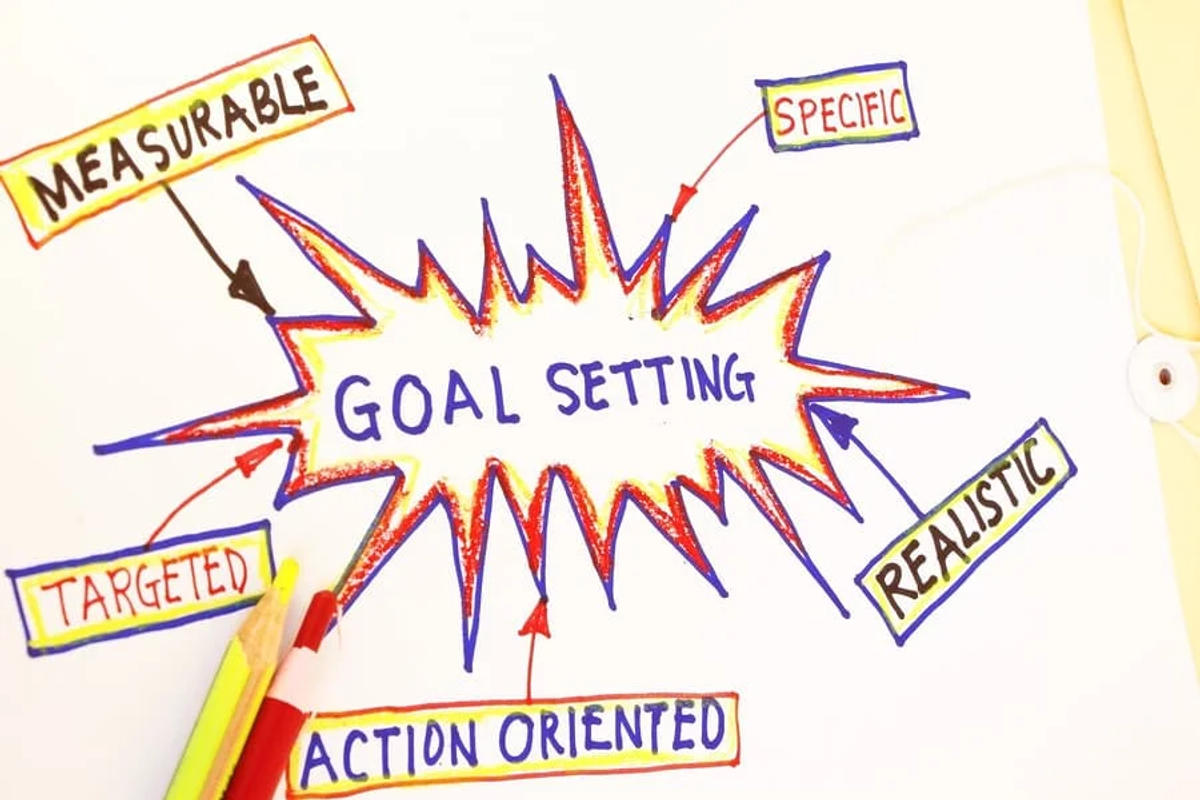Teaching and Learning
Mrs Peta Phillips - Acting Assistant Principal

Teaching and Learning
Mrs Peta Phillips - Acting Assistant Principal
EXCITING NEWS!


New decodable texts have arrived at Karoo PS and we cannot wait to get them home with your children.
To support our Structured Literacy approach and adhere to valuing the connection between home and school we have added to our resources and now have new Decodable texts. The great news is that all our new books align with what our teachers are using in the classroom on a day-to-day basis.
Why Decodable Texts?
Decoding requires students to use knowledge of phoneme-grapheme correspondence (phonics) together with other knowledge about print. Decodable texts help students practise specific phoneme-grapheme correspondences that they have been explicitly taught, to build independence and experience early success with the decoding of words. Decodable texts are designed to follow the sequence used by the teacher to help teach grapheme-phoneme correspondences and provide an increasing level of complexity for students.
Our new books are fun, engaging, written using Australian themes that help to ensure that home reading can be enjoyed by both children and parents. The books systematically introduce new groups of sounds to help teachers and parents ensure that children can be successful when reading at home.
All texts include pre-reading and post-reading activities which provides parents and caregivers with additional information which they can use to support children in their ‘learning to read’ journey.
We are super excited to get these books in the hands of our students, so keep an eye out next week as we will be seeking some assistance in covering these books, so they are ready and durable to be sent home with all our students.
Goal Setting
As we progress through the year, you may be aware of goals your child has set at school with their teacher. I wanted to pass on how we at Karoo PS set goals with your child and how you can support setting goals with your child at home.


In the 1980s George T. Doran introduced the concept of S.M.A.RT. goals. S.M.A.R.T. is an acronym for the five steps of specific, measurable, achievable, relevant, and time-targeted goals. The concept was originally introduced to be used by businesses to promote simple and effective goal-setting process to plan and achieve results. But the S.M.A.R.T. goal approach can of course be used by schools, families, and individuals to help them achieve success:
SPECIFIC – when defining a goal don’t be vague. Goals need to be well-defined and focused.
MEASURABLE – in order to be able to assess progress and goal achievement, you need to be able to measure it. You should be able to ask questions, such as “How much?”, “How long?”, and/or “How many?”.
ACHIEVABLE – don’t set yourself for failure. Goals need to be challenging, but not beyond reach.
RELEVANT – are you motivated to achieve this goal? Who are you setting this goal for? Relevant goals are goals you truly want to achieve. You may need to explore if you have accomplished similar goals in the past and what you need and what steps need to be taken in order to accomplish this goal.
TIME-TARGETED – you also need to be specific about the time-frame you have to achieve a goal. If a target date is not set to accomplish a specific goal, then there is no urgency to start taking action towards accomplishing that goal.
Now that kids are back in school for Term 2, it is a great time to set and revise their goals. At school, of course children will have academic goals, but they may also have goals relating to other skills, such as social and organisational.
You can also help your children to set home goals. Use the S.M.A.R.T. goal-setting approach to help them set achievable goals and boost their self-confidence.
Following the S.M.A.R.T. approach, goals have to be relevant, so brainstorm with your child, and help them come up with their own goals. They may also need help with setting realistic time-frames to achieve their goals. And it may be necessary to break their ultimate goal into smaller steps to get there.
To boost their confidence, make sure the goal is challenging, but not unattainable. Most of all, remember to guide your children to set specific goals.
For example, if your child’s goal is to learn to read, you may want to guide them to set their goal this way: By the end of the term, I will be able to read The Very Hungry Caterpillar on my own.
Good luck and don’t forget to celebrate your child’s achievements.
by Melbourne Child Psychology & School Psychology Services, Port Melbourne
It is wonderful to have Ashley Kuusela back as our Teaching and Learning Assistant Principal. Ashley and I will be sharing the role as Ashley is with us Monday - Wednesday part time.
Peta Phillips
Acting Assistant Principal

